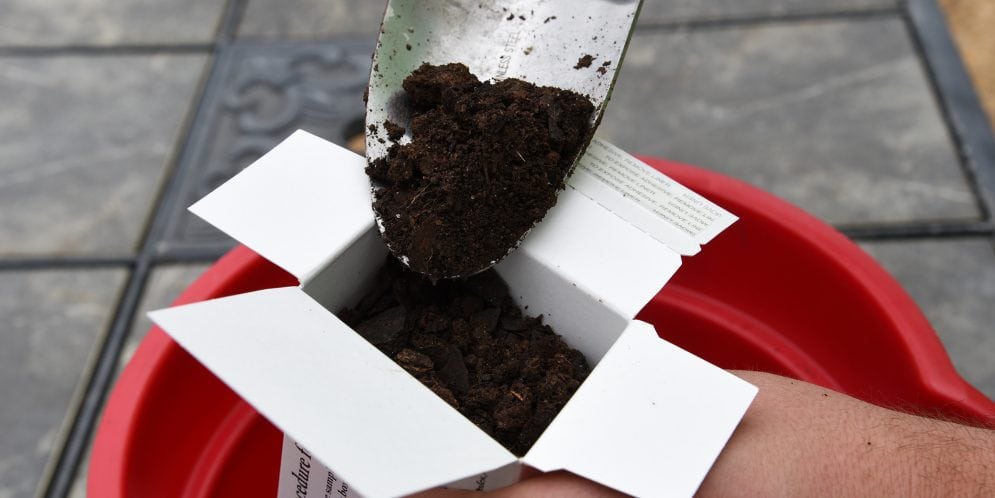AUBURN UNIVERSITY, Ala. – Show off a green thumb and ensure growing conditions are right by collecting soil for soil samples prior to planting. The Auburn University Soil Testing Laboratory offers this service to help growers make informed decisions about soil nutrients and soil composition on the farm or in the backyard. By supplying recommendations to help growers maintain plants and create a more sustainable growing environment, soil testing can help get spring gardens off on the right foot.
Importance of Soil Testing
“Soil is the basis for most of what we do as gardeners and without healthy soil, you cannot grow healthy plants,” said Taylor Reeder, an Alabama Extension home grounds, gardens and pests agent.
It is important to grow plants in the right environment. Adequate soil nutrients, in addition to the correct soil type, will help gardeners create and maintain a growing environment where plants can thrive.
Preparing Soil Samples
To begin the soil testing process, pick up a soil sample kit from the local Extension office. It will include a form explaining how to properly collect a soil sample.
“It is best to send soil samples that are dry,” Reeder said. “Laying the soil out on newspaper to dry before sending it off is suggested.”
Collect soil from the garden site or flower bed. According to Reeder, it is important to dig deep enough into the soil to collect an adequate sample. This could range from 2 to 8 inches deep, depending on the types of plants or seeds growers choose to plant in a given area. It is also important to include only soil in the sample. Make sure to remove as much plant and debris as possible.
Soil Test Results
Soil tests determine the pH and nutrient content of soil. This is beneficial as different plants often thrive in different pH ranges and require different nutrient concentrations. It is also advantageous to know soil nutrient levels, including calcium, magnesium, phosphorous and potassium. These levels will help growers make informed decisions regarding fertilizer types and frequency.
Growers can also do an analysis to test levels of micronutrients such as zinc in the soil. This analysis will include liming suggestions.
“Add lime to your soil in order to raise its pH if it is too acidic for what you are intending to grow,” said Reeder.
Sending the Soil Sample
Soil samples should be sent to the Auburn University Soil Testing Laboratory. The form available at local Extension offices with the sample box will include the sample mailing address. Each sample costs $7, with an added cost to perform a micronutrient analysis. Note: results are available by mail or electronically.
For more information, visit www.aces.edu or call Bibb County Extension at 205-926-4310. We also have the forms and information on how to collect samples. For more information online about soil sampling at home, visit ANR-0006 A, Home Soil Testing: Taking a Sample. Find additional information on submitting a sample.
















